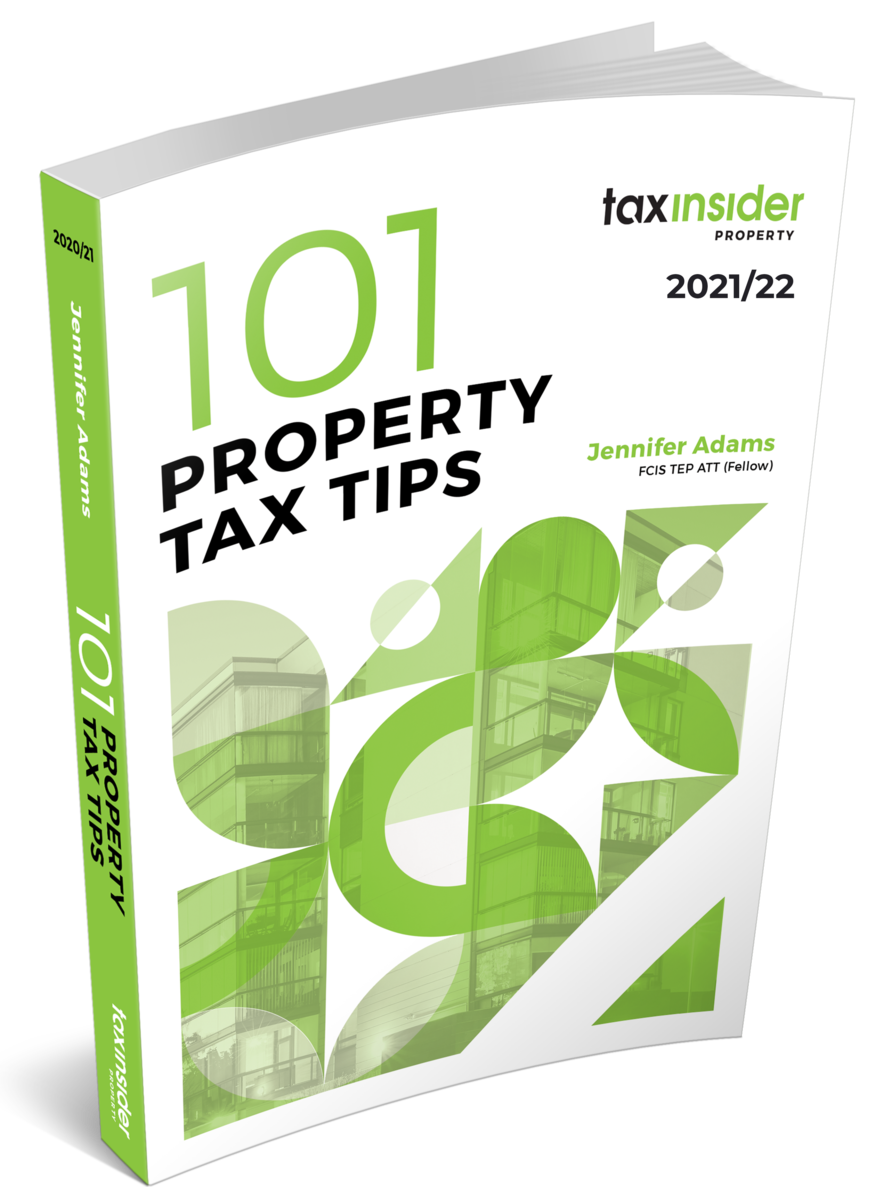Mark McLaughlin warns that some employees and directors could face unexpected car benefit tax charges, and highlights two practical steps that may help to mitigate the risk.
A car made available by an employer for private use is not the ‘perk’ it used to be. In most cases these days, a ‘company’ car is an expensive benefit-in-kind for tax purposes. Some employees and directors therefore prefer not to be provided with a company car.
A car benefit charge can arise on an employee broadly if the car is made available by reason of the employment, and is available for the private use of the employee (or a member of the employee’s family or household).
Available for private use?
The car is treated as being ‘available’ for private use in a tax year unless two tests are met (in ITEPA 2003, s 118(1)). The first test is that the terms on which the car is made available prohibit private use. The second test is that the car is not so used.
Both tests must be satisfied to prevent a potential tax charge. HM Revenue and Customs (HMRC) consider that, in order to satisfy the above tests, there must be an ‘express, legally enforceable’ ban on private use, and that the taxpayer must be able to demonstrate as a matter of fact that there was no private use (see HMRC’s Employment Income manual at EIM23400).
In terms of the first test, in Gilbert v Hemsley Ch D 1981, 55 TC 419, the taxpayer was told by the managing director of his employer company that he was ‘not expected’ to use a provided car for private use. The High Court held (among other things) that this verbal prohibition was sufficient to represent a ban on private use. Following this case, HMRC accept that a verbal prohibition may count as an effective and meaningful ban on private use (EIM23405).
However, it is also necessary to show that there was no actual private use of the car. HMRC guidance points out that the onus is on the taxpayer to demonstrate this, and advocates that the best way of doing so is to keep ‘contemporaneous records’ of each journey, including the reason for and details of the journey, plus the mileage travelled (EIM23410).
Prohibit yourself!
In the case of small or ‘one man band’ companies, how can a director prohibit himself or herself from private use of a car? In Holmes v Revenue & Customs [2015] UKFTT 275 (TC), the husband and wife taxpayers were director and employee of a company that carried on its business from a barn at their home address. Seven different cars, all owned by the company, were used by the taxpayers and other employees at various times. HMRC assessed the taxpayers in respect of the private use of the cars (and related car fuel benefits). The taxpayers appealed.
Unfortunately for the taxpayers, the First-tier Tribunal concluded from the evidence available that, in respect of five of the seven vehicles, there was no effective prohibition of private use in place. Furthermore, it was likely that, on the balance of probabilities, there had been private use of those cars by the appellants during the years under consideration. However, the tribunal decided that two of the seven cars had been provided to other employees of the company (and so in effect had not been available for the taxpayer’s private use), and that any use by the director was entirely for business purposes. The appeals were therefore allowed in part.
Practical Tip:
The tribunal in Holmes commented that, in the context of a managing director giving instructions to himself that all private use of company cars was prohibited, the above two tests (i.e. that all private use of the car was prohibited, and that it was not so used) taken together require a higher standard than ‘mere awareness’ that there should be no private use.
Consideration should therefore be given to having a written agreement in place between the company and director explicitly prohibiting private use, as well as keeping a record of all journeys in the car, to demonstrate that there was no actual private use.
Mark McLaughlin warns that some employees and directors could face unexpected car benefit tax charges, and highlights two practical steps that may help to mitigate the risk.
A car made available by an employer for private use is not the ‘perk’ it used to be. In most cases these days, a ‘company’ car is an expensive benefit-in-kind for tax purposes. Some employees and directors therefore prefer not to be provided with a company car.
A car benefit charge can arise on an employee broadly if the car is made available by reason of the employment, and is available for the private use of the employee (or a member of the employee’s family or household).
Available for private use?
The car is treated as being ‘available’ for private use in a tax year unless two tests are met (in ITEPA 2003, s 118(1)). The first test is that the terms on which
... Shared from Tax Insider: Unexpected Tax Charges On Company Cars




